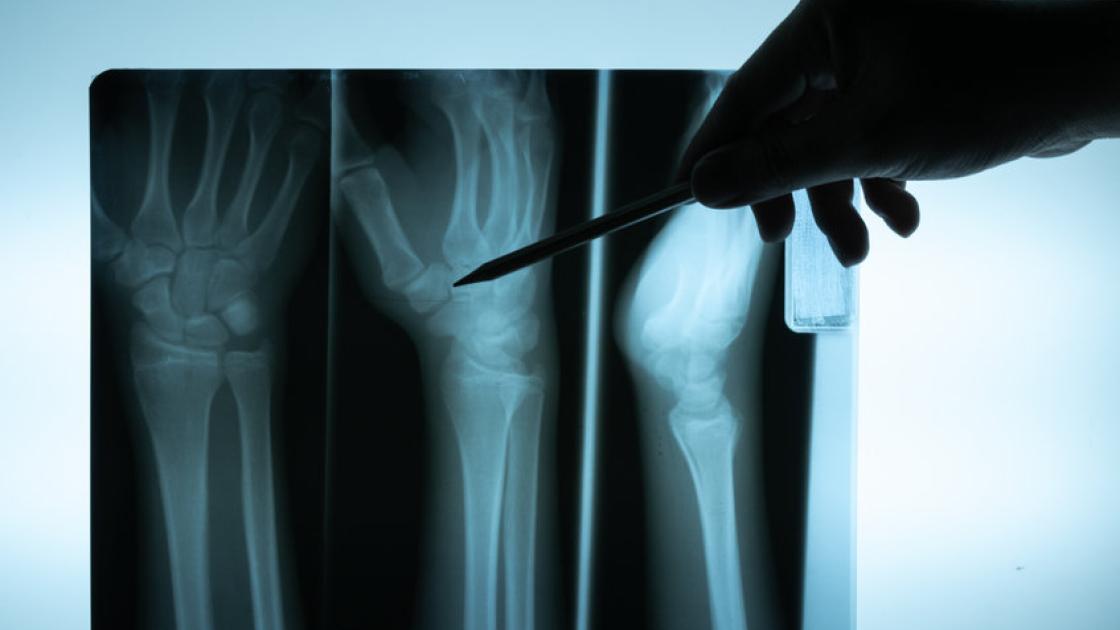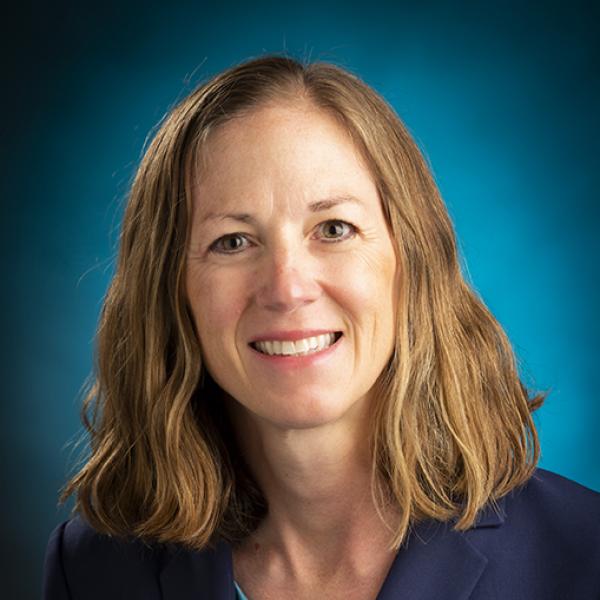
4 things to know about orthopedic surgeons
The American Academy of Orthopedic Surgery defines orthopedics as a branch of medicine that focuses on the prevention, diagnosis and treatment of injuries and diseases of the body’s musculoskeletal system.
Here are four interesting facts you might not know about these surgeons.
1. Sports Medicine doctors are highly specialized orthopedic surgeons.
Board-certified Sports Medicine doctors are licensed orthopedic surgeons who have specialized training in the treatment of the musculoskeletal system, which includes a person's bones, joints, muscles, ligaments and tendons.
Orthopedic surgeons undergo approximately 13 years of formal education, including four years of undergraduate school, four years of medical school, and at least five years of additional post-graduate training, known as orthopedic residency. Some orthopedic surgeons may then spend another year specializing in the diagnosis and treatment of a sub-population, such as in children for Pediatric Orthopedics or in athletes for Sports Medicine. Others may specialize in the diagnosis and treatment of specific areas of the body, including;
- Hand/Upper extremity
- Joint Replacements
- Foot and Ankle
- Spine
Whether a generalist or specialist, all orthopedic surgeons have advanced training in various diagnostic and therapeutic techniques to help patients face and understand their injury or health condition, treatment and rehabilitation plan.
2. Orthopedic surgeons treat a wide range of conditions.
While orthopedic surgeons are well known for treating sports injuries including muscle strains, ligament sprains and joint dislocations, these highly skilled doctors actually treat many types of conditions affecting everyone from infants to seniors.
Some common conditions they diagnose and treat include:
- Trauma
- Fractures/bone breaks
- Joint dislocations
- Ligament and tendon tears
- Carpal tunnel syndrome
- Arthritis
- Hip dysplasia
3. Orthopedic surgeons do more than surgery.
Not all sports injuries or joint pains require surgery. Orthopedic surgeons will first explore non-surgical treatment options, including medications, injections and physical rehabilitation for anyone suffering from musculoskeletal injuries.
To help their patients, orthopedic surgeons regularly collaborate with or make referrals to other health care professionals, including neurologists, physiatrists, primary care physicians and physical therapists.
4. Orthopedic surgeons work in a variety of settings.
Orthopedic surgeons can work in private practice, an academic setting and/or a hospital, or medical group. SIU Medicine’s orthopedic surgeons work directly within the region's leading academic medicine and clinical setting, helping to advance the Sports Medicine field and raise the standard of care for our patients.
Would you like to speak with an orthopedic surgeon about a sports injury or musculoskeletal condition?
If you or a loved one has a health condition involving the bones, muscles, tendons, ligaments, or joints, contact SIU Medicine at 217-545-8000 to connect with our Sports Medicine team and schedule an appointment with an experienced orthopedic surgeon.




